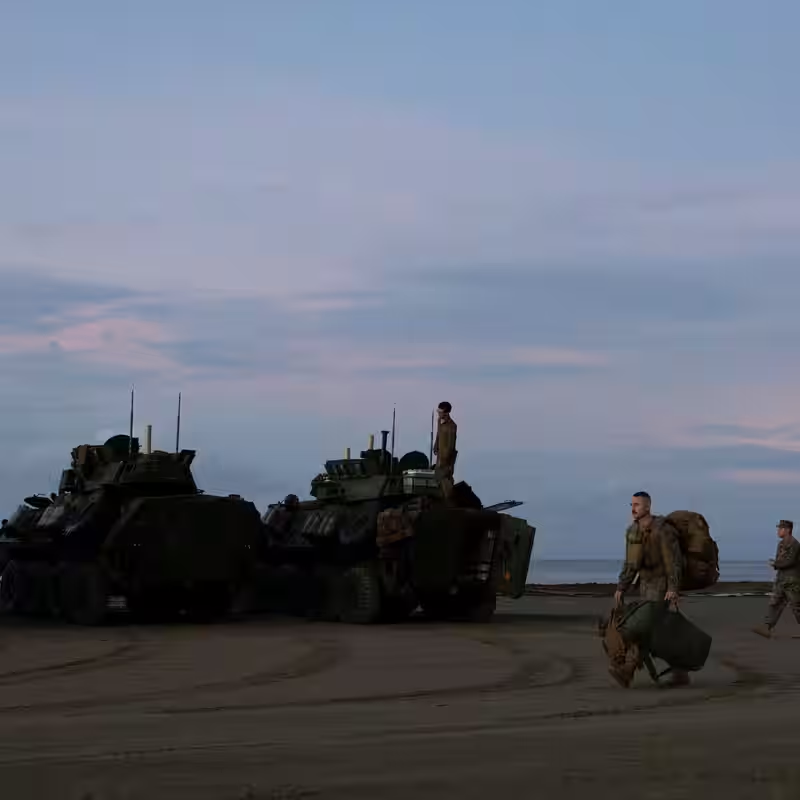Table of Contents
- The Escalation: From Sanctions to Strikes
- Cartels Labeled as Terrorists
- Maduro’s Bizarre Countermove
- What Happens Next?
- Sources
The Escalation: From Sanctions to Strikes
In a dramatic shift from diplomatic pressure to military action, the Trump administration has intensified its campaign against Nicolás Maduro’s regime in Venezuela. Recent reports confirm that U.S. forces have attacked suspected drug trafficking vessels in the Caribbean Sea—a move that marks a significant escalation in America’s long-standing opposition to the Maduro government .
This isn’t just about narcotics. The White House now frames the conflict as part of a broader national security strategy targeting transnational criminal organizations that allegedly operate with impunity under Maduro’s watch.
Cartels Labeled as Terrorists
In a historic and legally significant step, the Trump administration has formally designated several drug cartels—including Venezuela’s notorious Tren de Aragua—as terrorist organizations. This classification allows the U.S. military to treat cartel members as “unlawful combatants,” effectively opening the door to direct military engagement without the constraints of traditional law enforcement protocols .
According to official notifications sent to Congress, this reclassification means cartel operatives can now be targeted under the laws of war, not just prosecuted under drug statutes. Legal experts warn this could blur the lines between counter-narcotics operations and armed conflict—but the administration insists it’s a necessary response to growing threats.
Maduro’s Bizarre Countermove
Facing unprecedented pressure, Nicolás Maduro has responded in characteristically theatrical fashion. In a move that baffled diplomats and citizens alike, the Venezuelan president declared Christmas in October—a symbolic gesture meant to rally domestic support amid rising tensions .
Simultaneously, Maduro ordered 25,000 troops to Venezuela’s borders, signaling readiness for a potential confrontation. Analysts suggest this is more about internal propaganda than actual military preparedness, given Venezuela’s crippled economy and weakened armed forces.
What Happens Next?
The situation remains volatile. With U.S. naval assets patrolling the Caribbean and intelligence suggesting increased cartel activity linked to state actors, the risk of unintended escalation is real. Regional allies, including Colombia and Brazil, are urging restraint, while human rights groups warn of potential civilian fallout if military operations expand onto Venezuelan soil.
For now, the Trump administration shows no signs of backing down. Officials describe the current strategy as “maximum pressure with maximum precision”—a phrase that may define the final months of this presidency.
Sources
- The New York Times: Trump, Drug Cartels, Venezuela and War: What We Know
- Official U.S. Congressional notifications on cartel designations [[2], [3]]
- International reports on Maduro’s October Christmas declaration




